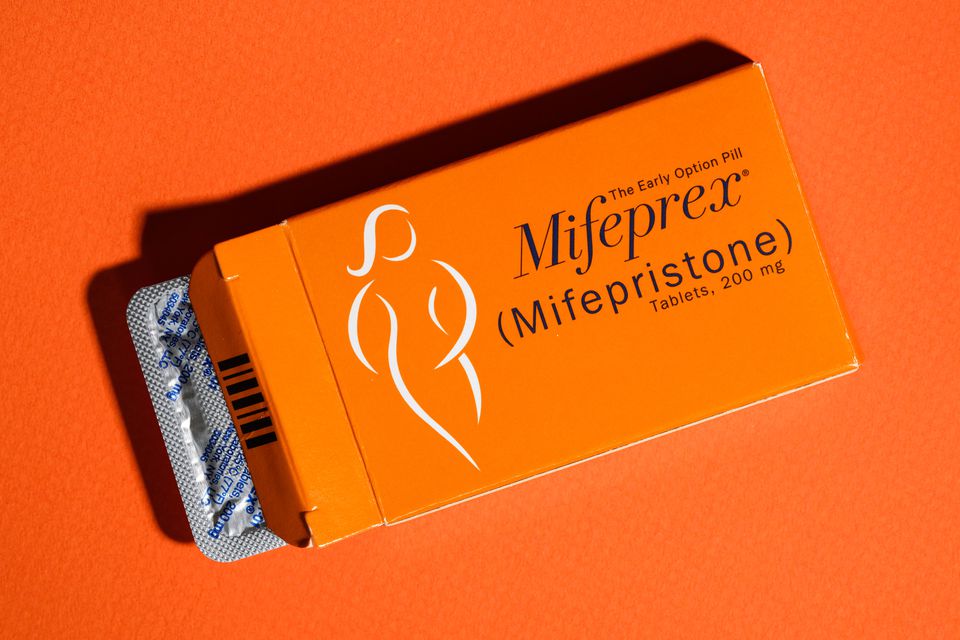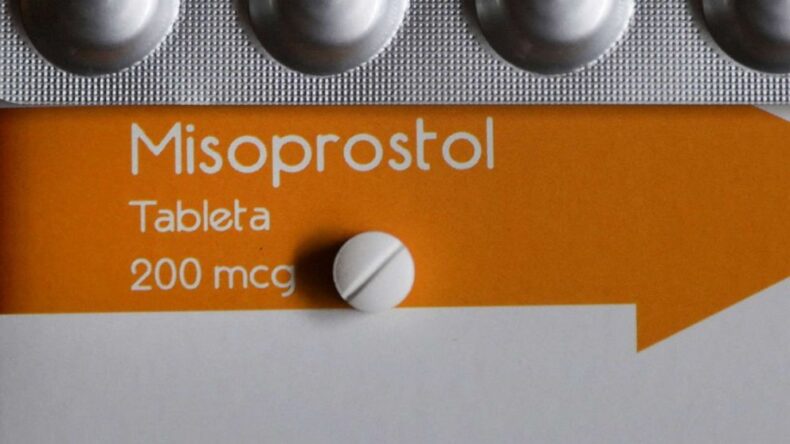Japan, in the midst of cries for advancements in women’s reproductive rights and gender equality, would offer an option for a surgical procedure. Abortions have typically been carried out in Japan using metal implements. Medical professionals and others are advocating for the introduction of abortion pills like Mefeego in Japan because this technique is invasive.

According to Japan Times, a subcommittee of the Pharmaceutical Affairs and Food Sanitation Council of the Japanese health ministry on Friday approved the Mefeego pill pack, an abortion pill created by the British company Linepharma International Ltd.
After a secondary panel had looked over 12,000 online comments from the public, the government made the announcement. According to Japan Times, the health minister will then likely give his final permission.
The subcommittee’s expert panel initially authorised the drug in January, but after receiving feedback from the public, the ministry opted to have the subcommittee consider the issue.
Abortion pills have been used in other countries for about 30 years, and they are available in more than 80 countries. Japan has come under fire for falling behind other countries. According to the Japan Times, France was the first country to authorise such a tablet in 1988.
About Mefeego
Despite the World Health Organization’s endorsement of the pill as one of the safest techniques, surgical procedures are now the only ones permitted at the earliest stages of pregnancy.
The Japanese government’s approval of the pill would be a step forward for women’s reproductive rights, but arguments over cost and consent have clouded the decision, according to the Japan Times.
Even though the average wholesale price of abortion pills worldwide is projected to be around Yen 780 to Yen 1,400, while surgical operations for abortion in Japan cost Yen 100,000 to Yen 200,000, Mefeego will not be covered by Japan’s national health insurance, and costs may be higher than if one were to get a surgical abortion, according to the Japan Times.
While a partner’s consent is not legally required for unmarried women, many doctors still ask for one out of a lack of understanding and concern for potential legal repercussions, according to Japan Times. Another factor is the Maternal Health Act, which stipulates that spousal consent is needed in Japan for an abortion, a policy that occasionally restricts access.
There is no provision in the legislation for single mothers. However, the health ministry has stated that for unmarried women or those who became pregnant through rape, a partner’s consent is not necessary.
Japan’s new stance on reproductive rights
When it comes to access to abortion and reproductive rights, Japan has drawn criticism for trailing behind other nations: Women have had to rely on expensive surgical treatments up until this point, and the Maternal Health Act of the nation requires married women to obtain their spouse’s consent before having an abortion—a law that proponents of abortion rights aim to change.

The newly-approved Mefeego pill pack, which contains the two medications mifepristone and misoprostol, must be administered under a doctor’s supervision at a hospital, according to The Japan Times. The medicine won’t be covered by Japan’s national health insurance, and its price isn’t yet known. The panel’s judgement is anticipated to be followed by the health minister of Japan giving Mefeego his or her final clearance, but the timetable is uncertain.
US on abortion
Contrary to much of the world, where abortion medications like mifepristone are commonly available, the U.S. is taking a different stance.
The U.S. Supreme Court will determine on Friday whether or not mifepristone availability, which is used in the majority of abortions performed in the nation, should be restricted. Currently, mifepristone can be ordered by mail, providing a lifeline for those seeking abortions in areas with restricted access. However, a coalition of pro-abortion organisations is attempting to revoke the medication’s 23-year FDA approval.

The court’s decision will be the first significant test of American abortion rights since Roe v. Wade, the important 1973 decision that established abortion as a legal right in the country, was overturned last year.













